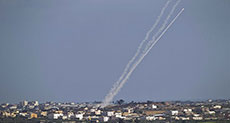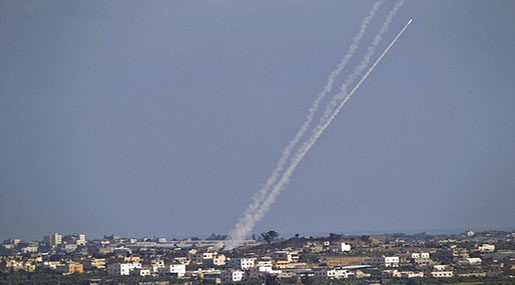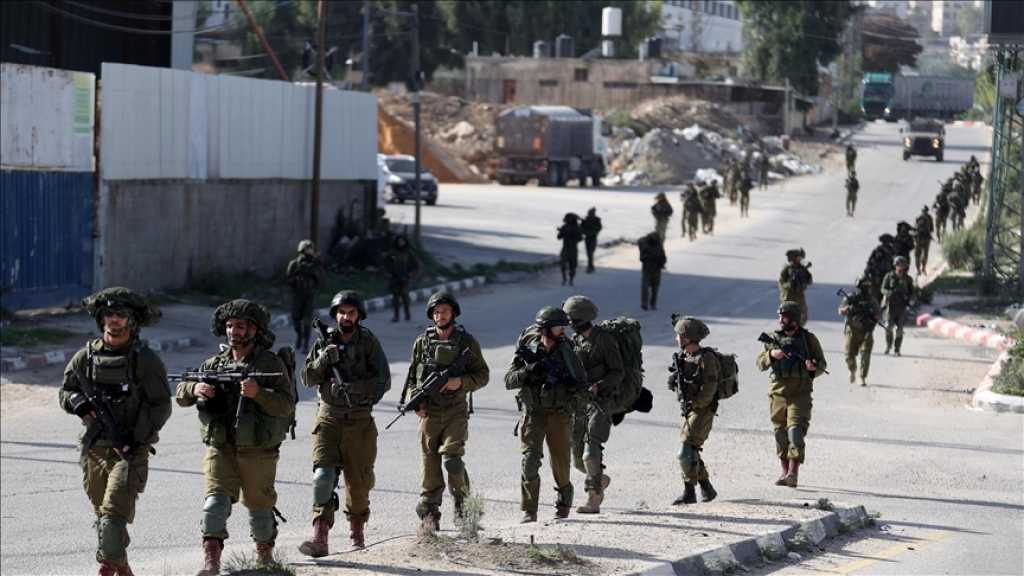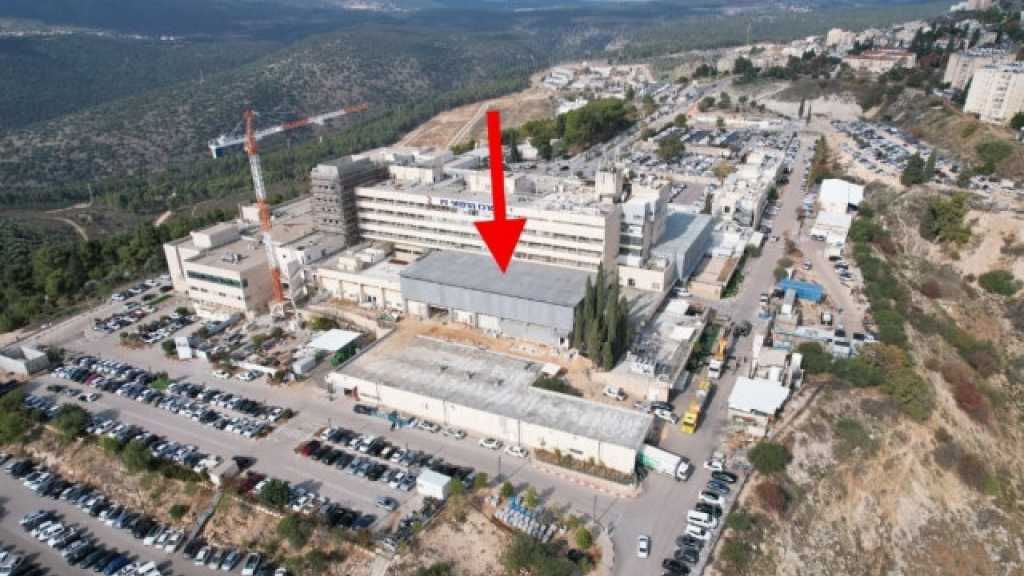
’Israel’ Fears New War with Gaza: 2014 Report Paints Depressing Pic

Local Editor
A careful reading of the 66-page draft of the "Israel's" Comptroller's Report into 2014's aggression against Gaza paints a depressing picture.

Naturally, the political arena is preoccupied with the question of which members of the political leadership will come out badly in the report and how the report's conclusions may affect their futures.
However, Haaretz questioned if anyone is interested in the way decisions are made in "Israel" - and even more so, in the quality of the decisions themselves - will emerge very worried after reading this report.
Not only does the draft report point to an inherent weakness in the way "Israeli" policies are made in general, and with regard to Gaza in particular.
"At times, it seems to predict exactly how "Israel" will slide into the next round of fighting with Hamas. As the exchange of blows in and around the Gaza Strip last week demonstrated, that outcome may not be far away," the daily cautioned.
It further mentioned: "The draft indicates that the "Israeli" leadership didn't seriously consider easing the economic restrictions on Gaza, which might have delayed the eruption of the 50-day war in the summer of 2014."
""Israel" has never formulated any strategy or goals regarding Gaza; that Prime Minister Benjamin Netanyahu, "Defense" Minister Moshe Ya'alon and then-Chief of Staff Lt. Gen. Benny Gantz withheld much of the relevant information from the security cabinet, effectively rendering it worthless and groping in the dark; that the intelligence about Hamas' preparations for a possible conflict was partial and contradictory; and that the National Security Council - no surprise here - isn't succeeding as a counterweight to the military, which enjoys total dominance over the information, planning and drafting of alternative courses of action."
The draft report constantly skips back and forth between two groups, which act like two parallel lines that never meet. On one plane is the Netanyahu-Ya'alon-Gantz triumvirate, along with the relevant military officials. They more or less understood the situation at a relatively early stage before the war. The risk of the tunnels and their scope were known. There had also been a Shin Bet security service warning in April 2014 about the possibility of Hamas attempting to carry out a large strategic attack around July, with steps being taken - albeit partial ones - to prepare for a confrontation.
On the second plane was the security cabinet, which lacked any information. The members of the top official security forum were kept out of the loop, apparently deliberately, by the prime minister. The tunnels were mentioned during a single meeting in March 2014, four months before the operation. They had no clue as to the ticking bomb that was Gaza, and were not updated as to what effect the army's actions against Hamas in the West Bank might have on the Gaza Strip.
During security cabinet meetings, Ya'alon, Gantz and military intelligence officials underestimated the risk of war erupting. The cabinet ministers, meanwhile - unaware of any gaps in the intelligence information - considered these assessments reliable. When the ministers asked about operational plans to deal with the tunnels, which in retrospect turned out to be faulty and insufficient, they were rebuffed evasively.
Though senior military officials claim that all the relevant information was given to the ministers in a timely manner, the "Israeli" comptroller clearly doubts this, describing the non-transfer of information - intelligence information in particular - as serious and worrisome.
Expect a tough battle over the final version of this report. There has already been sharp opposition expressed by Ya'alon and senior military officers, who argue that the report lacks understanding of the security cabinet's role and tries to ascribe to it the job of managing the war, which must be left to the prime minister, war minister and foreign minister, as well as the heads of the security agencies. They plan to produce other documents and alternative explanations to counter the comptroller's positions.
"If we had left [the war] to the security cabinet, we wouldn't have been able to end it," one security source told Haaretz.
This draft report, distributed last week to the relevant parties, is the second of four sections of the comptroller's full report on the war and focuses on the security cabinet. The previous draft section, circulated in January, touched specifically on Hamas' attack tunnels.
Source: Haaretz, Edited by website team



